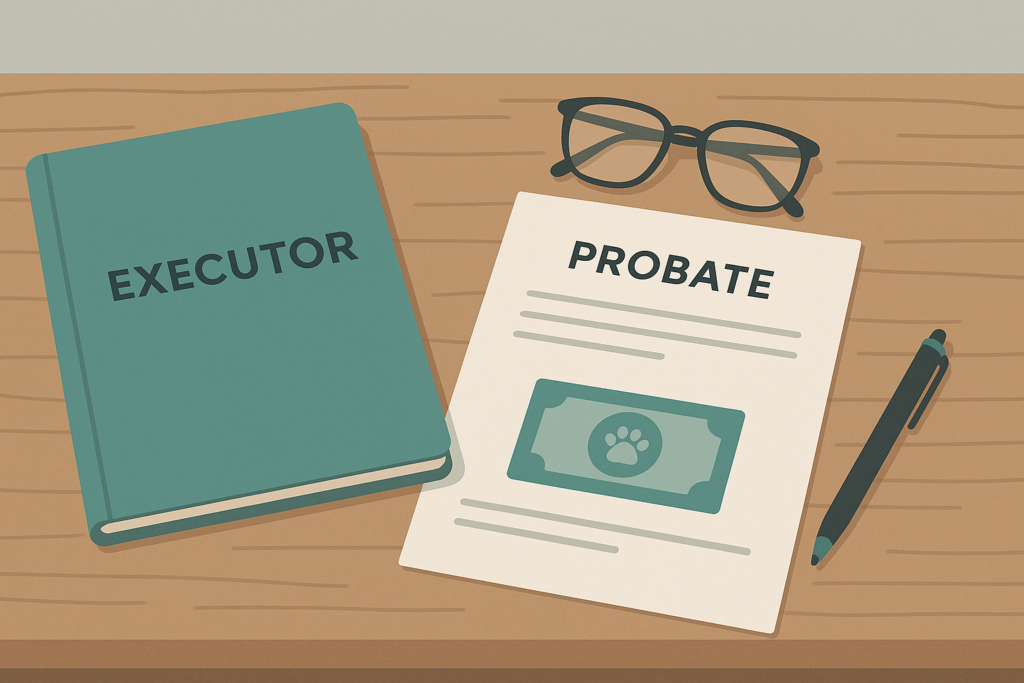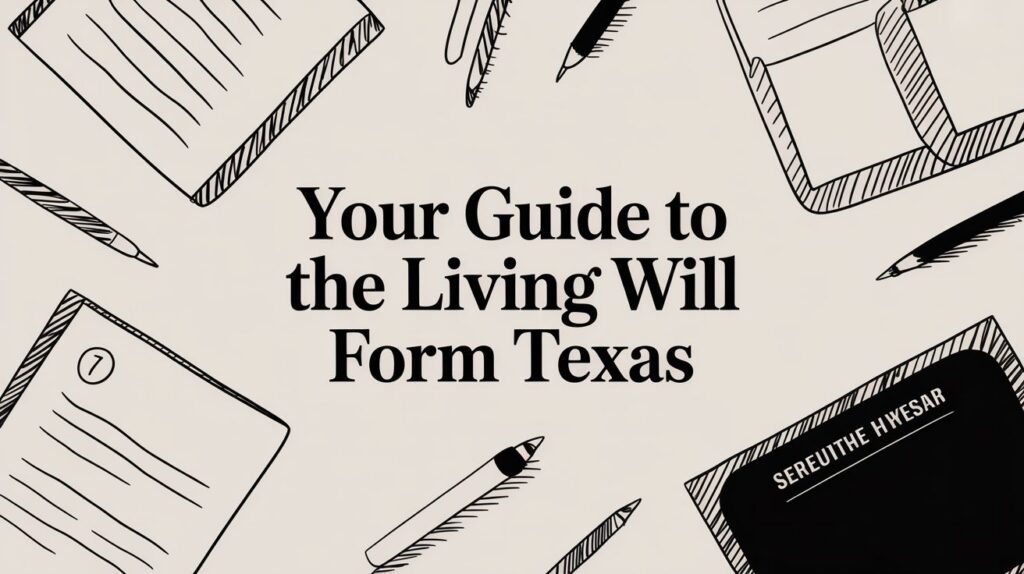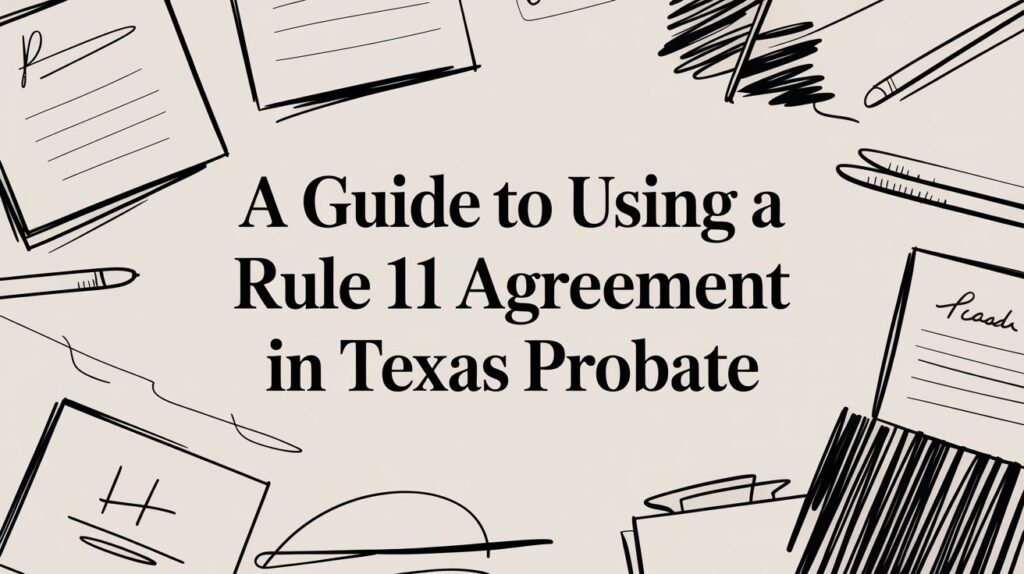When a loved one passes away, their estate often goes through the probate process, where assets are distributed according to their will or, if no will exists, state law. In Texas, real estate is a significant part of many estates, and understanding how it is treated in probate is crucial for executors, beneficiaries, and heirs. A key aspect of this process is the various real estate exemptions that can apply, which can protect certain properties from being sold to pay off debts or other estate expenses.
In this comprehensive guide, we’ll explore Texas real estate exemptions in probate, how they work, and why they are important.
The Basics of Probate in Texas
Before diving into exemptions, it’s important to understand the probate process in Texas. Probate is the legal process that validates a deceased person’s will and oversees the distribution of their estate. If there is no will, the estate is distributed according to Texas intestate succession laws.

During probate, an executor or administrator is appointed to manage the estate, which involves:
- Collecting and inventorying the deceased’s assets
- Paying debts and taxes
- Distributing the remaining assets to beneficiaries or heirs
Probate can be a lengthy and complex process, especially when real estate is involved. This is where real estate exemptions come into play, potentially simplifying the process and providing protections to certain properties.
Texas Homestead Exemption
One of the most significant real estate exemptions in Texas probate is the homestead exemption. Under Texas law, a homestead is a primary residence that is protected from forced sale by creditors during probate, with some exceptions.
What Qualifies as a Homestead?
In Texas, a homestead can be:
- An urban homestead: A property in a city or town, consisting of up to 10 acres of land, including the residence and any improvements.
- A rural homestead: A property outside a city or town, consisting of up to 200 acres of land (for a family) or 100 acres (for a single adult), including the residence and any improvements.
To qualify as a homestead, the property must have been the deceased’s primary residence at the time of death, and the surviving spouse or minor children must continue to use the property as their primary residence.
Protections Offered by the Homestead Exemption
The homestead exemption offers several protections during probate:
- Protection from Creditors: Generally, the homestead cannot be sold to satisfy most creditors’ claims. This protection ensures that the surviving spouse and minor children have a place to live, even if the estate has significant debts.
- Right to Occupy: The surviving spouse and minor children have the right to continue living in the homestead for the rest of their lives or until they abandon the property.
- Tax Exemptions: The homestead may also be eligible for certain property tax exemptions, reducing the financial burden on the surviving family.

However, there are exceptions to these protections. For example, the homestead can be subject to sale to pay off certain types of debts, such as property taxes, home equity loans, and debts secured by the property (like a mortgage).
Family Allowance and Exempt Property Set-Aside
In addition to the homestead exemption, Texas law provides for a family allowance and an exempt property set-aside during probate. These provisions help ensure that the surviving family members have sufficient resources to support themselves during the probate process.
Family Allowance
The family allowance is a financial provision set aside from the estate to support the deceased’s surviving spouse and minor children. The allowance is intended to provide for the family’s maintenance and support during the probate process, which can be lengthy and complex.
The amount of the family allowance is determined by the probate court, based on the family’s needs and the estate’s size. The allowance is usually provided in addition to any other exemptions, such as the homestead exemption.
Exempt Property Set-Aside
The exempt property set-aside is another protection for the surviving family members. Under Texas law, certain personal property is exempt from creditors’ claims during probate, ensuring that the family has essential items for their well-being.
Exempt property can include:
- Household furniture, furnishings, and appliances (up to $60,000 in value)
- Farming or ranching equipment (up to $60,000 in value)
- Motor vehicles used by the family
- Livestock, pets, and food supplies
- Certain tools, books, and equipment used in the deceased’s trade or profession
The exempt property set-aside ensures that the surviving spouse and minor children have the necessary resources to maintain their household and livelihood during probate.
Specific Exemptions for Agricultural and Business Properties
Texas law also provides specific exemptions for agricultural and business properties during probate, offering additional protections to families who rely on these assets for their livelihood.
Agricultural Homestead Exemption
In addition to the general homestead exemption, Texas law offers an agricultural homestead exemption for properties used primarily for farming. This exemption protects the property from forced sale by creditors, similar to the general homestead exemption.
To qualify for the agricultural homestead exemption, the property must have been used for agricultural purposes at the time of the deceased’s death. This exemption is particularly important for families who depend on farming or ranching as their primary source of income.
Business Property Exemption
Texas law also provides a business property exemption for certain personal property used in the deceased’s trade or profession. This exemption protects tools, equipment, and other business-related assets from creditors’ claims during probate.
The business property exemption ensures that surviving family members can continue operating the deceased’s business, providing financial stability during the probate process.
Managing Real Estate in Probate: Practical Considerations
While real estate exemptions offer important protections, managing real estate during probate can still be a complex and challenging task. Executors and administrators must navigate various legal requirements, financial obligations, and potential disputes among beneficiaries.
Here are some practical considerations for managing real estate in probate:
1. Obtain a Professional Appraisal
A professional appraisal of the real estate is essential for determining its fair market value. This valuation is necessary for various aspects of probate, including inventorying assets, paying estate taxes, and distributing property to beneficiaries.
2. Maintain the Property
During probate, it is important to maintain the real estate, ensuring that it remains in good condition. This may involve paying property taxes, insurance premiums, and maintenance costs. Failing to maintain the property can lead to a decline in value, which can impact the overall estate.

3. Communicate with Beneficiaries
Clear and open communication with beneficiaries is crucial when managing real estate in probate. Disputes and misunderstandings can arise, particularly when multiple beneficiaries are involved. Keeping everyone informed about the status of the property and the probate process can help prevent conflicts.
4. Consider Selling the Property
In some cases, selling the real estate may be the best option. This is common if the estate has significant debts or if the property is difficult to manage. The proceeds from the sale can be used to pay off debts and distribute the remaining assets to beneficiaries.
However, selling real estate during probate requires court approval, and the process can be time-consuming. Executors should carefully consider the pros and cons before deciding to sell the property.
Conclusion: The Importance of Understanding Real Estate Exemptions in Texas Probate
Navigating the probate process in Texas can be complex, particularly when real estate is involved. Understanding the various exemptions available, such as the homestead exemption, family allowance, and specific exemptions for agricultural and business properties, is crucial for protecting the interests of surviving family members and ensuring a smooth probate process.
By familiarizing yourself with these exemptions and taking a proactive approach to managing real estate in probate, you can help ensure that your loved one’s final wishes are honored and that their estate is settled in a fair and equitable manner. Whether you are an executor, beneficiary, or heir, understanding Texas real estate exemptions in probate is a key step in navigating this challenging and often emotional process.








